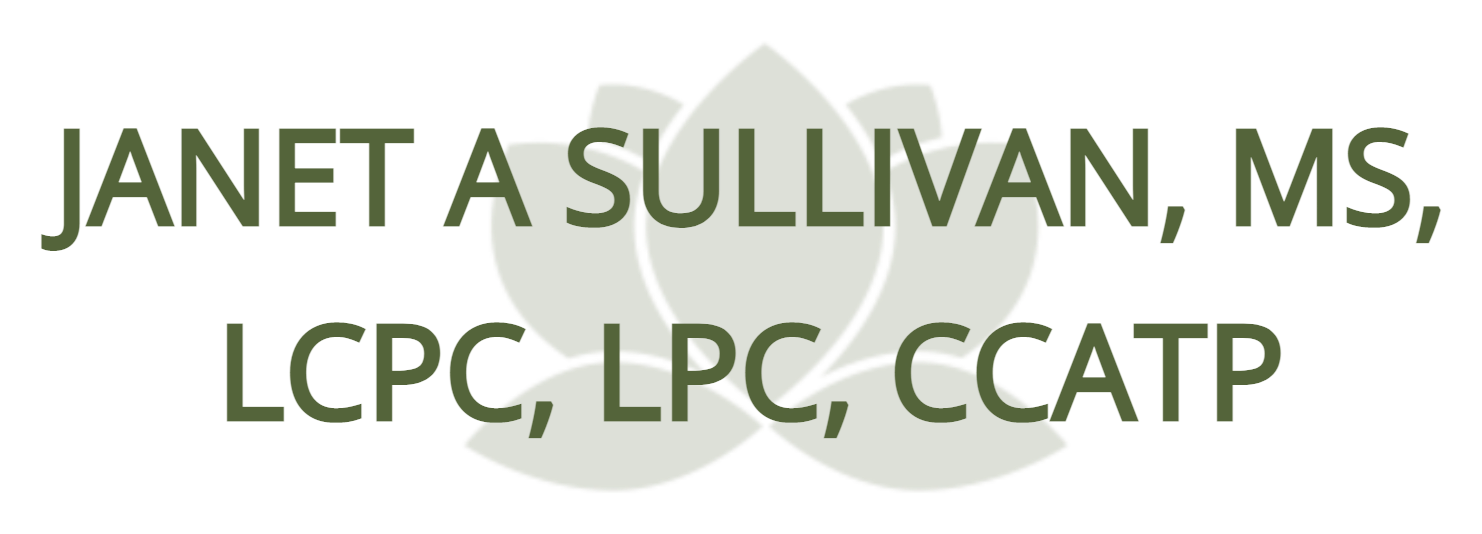Journaling to Cope with COVID-19

How Journaling Can Help You Cope with COVID-19
Journaling is often used to enhance mental health and wellbeing. Creating a written narration of your thoughts, experiences, and feelings provides you with an opportunity to reflect on internal feelings/reactions and make them more tangible. Worrying takes up valuable cognitive resources. People who struggle with worry are constantly multitasking — they are doing one task and trying to monitor and suppress their worries at the same time, according to Hans Schroder, Michigan State University researcher. His studies indicate that if you get these worries out of your head through expressive writing, cognitive resources are freed up to focus on the present task and increases your efficiency. Establishing a tangible written narrative through journaling allows you:
1. Sort through your thoughts
2. Free up cognitive resources
3. Shift your perspective(s) when necessary
4. Unpack/explore and/or process thoughts, feelings, and experiences
The above enables you to determine how to move forward in a manner that facilitates your mental health and wellbeing and is consistent with your life goals. Many journal writers comment one reason they journal is that their feelings change as they write them down. After a writing session, their emotions are lessened or transformed, due to a change in perspective.
Perhaps journaling is already an ongoing part of your regular mental health care regimen (if not, now is a good time to start.) When our day-to-day lives have been so disrupted due to the coronavirus pandemic, it is particularly important for us to make sure that we’re attending to our mental health intentionally, strategically, and proactively.
Below are some prompts related to the pandemic that may help you incorporate journaling into your coping strategy/mental health regimen.
Reflecting on the New (temporary) Normal:
– What has changed in your day-to-day life since COVID-19? Which changes have caused the greatest imposition/disruptions?
– Which changes have led to the most distress?
– Which changes, if any, have been pleasantly surprising?
– Which changes have led to some relief of distress?
Note: If your response to the last question is “None” then create some changes that lead to stress relief; this might be new self-care and coping strategies you’ve employed (walking, reading, napping, cooking, exercising, meditating, FaceTiming friends/family, organizing, learning something new, watching funny Youtube videos, volunteering).
Movement Toward Joy Part I:
– What are things that bring me joy (e.g. activities, hobbies, experiences)? Why do these things increase my joyfulness?
– What is it about these things and what is it about me that leads to interaction-based joy (between me and these things)?
– Which people/relationships increase my joy? What is it about these people and what is it about me that leads to interaction-based joy (between me and these people)?
– What can I do to maintain my connections to people and things adding to my joyfulness during the pandemic?
Movement Toward Joy Part II:
– Who in my immediate present circle seems most in need of joy? What can I do to increase their joy?
– What can I do to add to the joyfulness of all others around me?
– How can I add joy to the lives of the people from whom I am physically distanced at present?
Moving Outside of the Self and Into the Community:
– Reflect on the changes you’ve experienced due to the pandemic in the context of the larger picture. What impositions/annoyances/disruptions are you experiencing? (working remotely, no day care, online classes only, 20 Zoom conferences/day!, etc)?
– How are other folk in the larger community being inconvenienced?
– What is your role in the Nation’s response to the pandemic?
– How does being an individual who may or may not be in a “high risk” category tie into your role in decreasing the spread of the coronavirus?
– Are there ways you may be of service to your local friends, family, and community members at this time? What might that look like?
Gaining Perspective:
– What are you learning about yourself as a result of the coronavirus-related shifts in your life? How have you come to learn these things?
– What are you learning about other people (both close to you and not-so-close) as a result of our present situation? How have you come to learn these things?
– What are you learning about institutions related to these shifts (colleges & universities, healthcare industry, national, state and local governments)? How have you come to learn these things?
– What are you learning about your home, local, and global communities? How have you come to learn these things?
– How can you integrate this new learning and related perspectives gained into your life moving forward?
